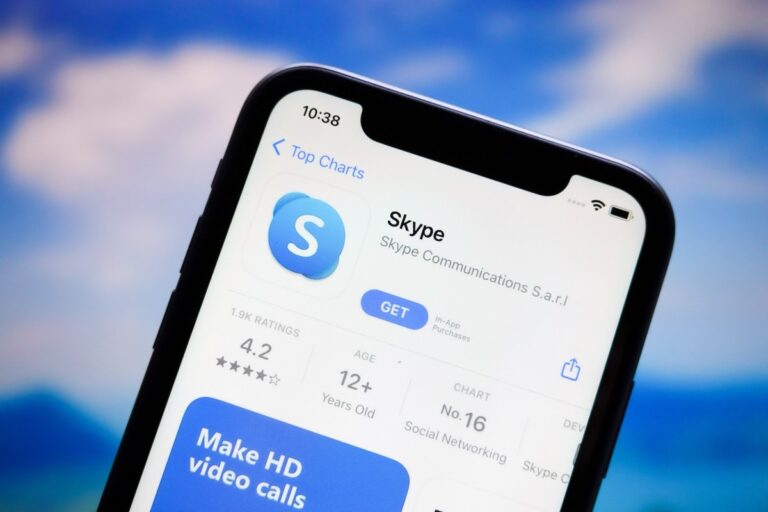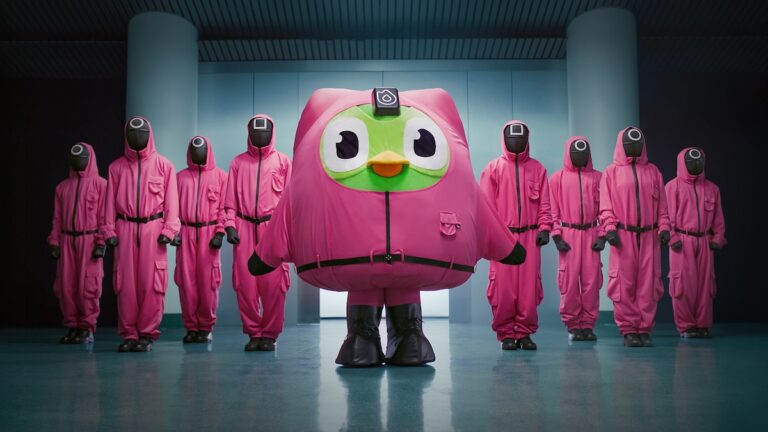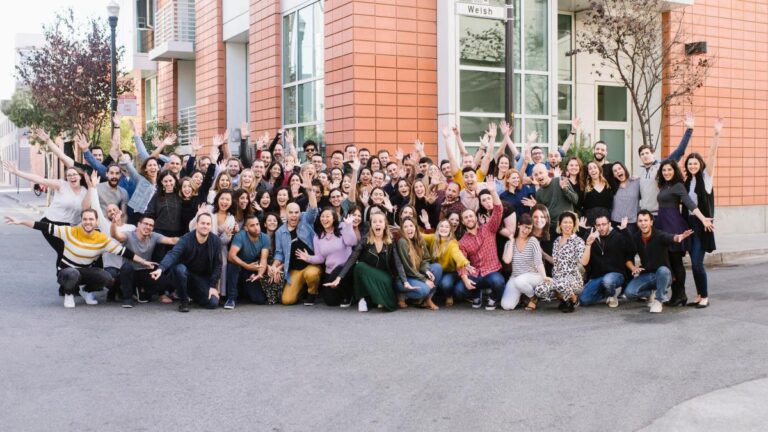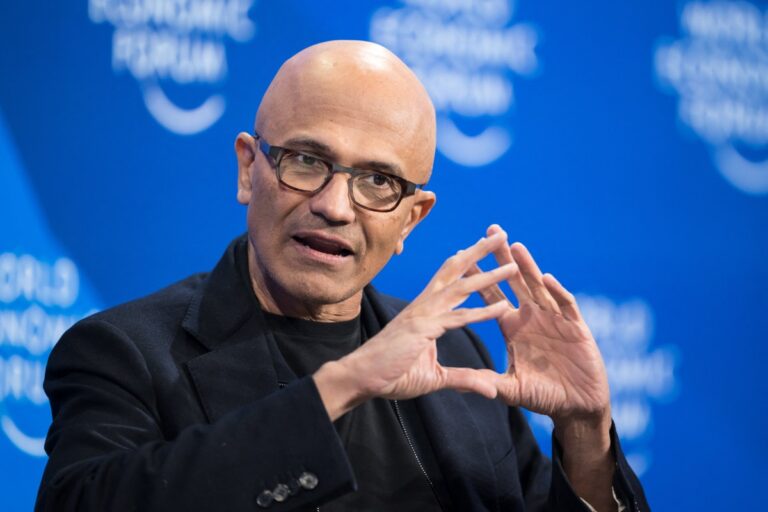Study Reveals Surprising Benefits of Social Media for Teen Mental Health
Social media’s impact on teenagers is a hot topic, with many studies highlighting both its detrimental effects and its potential benefits. Recent research from the Pew Research Center sheds light on how platforms like Instagram and TikTok can foster connectivity and creativity among adolescents, despite the concerns about body image and cyberbullying.
The Dual Nature of Social Media for Teens
While it’s widely recognized that social media can negatively affect mental health, particularly among young girls, a new report reveals some of the positive aspects that teenagers experience online. According to Pew Research, 74% of U.S. teens feel more connected to their friends through social media, and 63% believe that these platforms provide a valuable space for creative expression.
Legislative Changes and Teen Perspectives
As the U.S. government looks into legislation aimed at improving the online experience for teens, this data illustrates that many young people find social media to be a supportive environment. One possible reason for this is the sense of freedom teens feel to express themselves online, often more so than in traditional settings like school or home.
Positive Outcomes for LGBTQ+ Youth
Research from the Trevor Project indicates that social media can be especially beneficial for marginalized communities. For instance, 53% of young LGBTQ individuals of color reported feeling safe and understood on TikTok, followed by 43% on Discord and 41% on Instagram. These supportive online communities play a crucial role in enhancing mental health, with the same respondents being 20% less likely to have attempted suicide in the past year if they felt safe in these spaces.
Mental Health Awareness Through Social Media
Pew’s study further highlights that 34% of teens utilize social media to gather information about mental health, with 63% acknowledging it as a significant resource. However, the accuracy and helpfulness of the mental health information available online remain uncertain.
The Disconnect Between Perception and Reality
Interestingly, while many teens recognize the potential drawbacks of social media, such as negative impacts on sleep (45%) and productivity (40%), they are more concerned about its effects on their peers. In fact, 48% of teens believe social media negatively affects their age group, yet only 14% think it has a detrimental effect on themselves.
Conclusion
In conclusion, while social media presents several challenges for adolescents, it also offers opportunities for connection, creativity, and community support. As discussions around social media regulation continue, it’s essential to consider both the positive and negative aspects of these platforms in shaping the experiences of teens today. For more insights into mental health and social media, visit MentalHealth.gov or explore related articles on our website.







